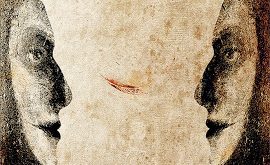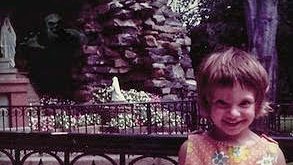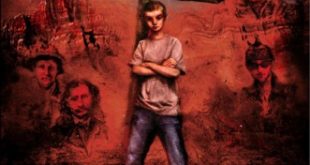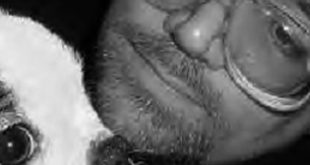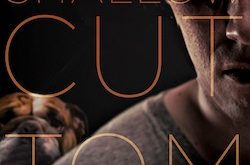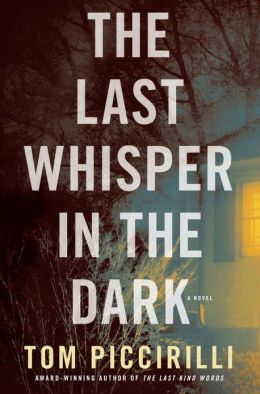 My Mother had never turned her back on anyone in the family for a minute. I swallowed down a surge of hatred for her parents. I wanted to meet these people. Along with that came a vague anger toward my father for falling in love with her and stealing her away.My Mother had never turned her back on anyone in the family for a minute. I swallowed down a surge of hatred for her parents. I wanted to meet these people. Along with that came a vague anger toward my father for falling in love with her and stealing her away.
My Mother had never turned her back on anyone in the family for a minute. I swallowed down a surge of hatred for her parents. I wanted to meet these people. Along with that came a vague anger toward my father for falling in love with her and stealing her away.My Mother had never turned her back on anyone in the family for a minute. I swallowed down a surge of hatred for her parents. I wanted to meet these people. Along with that came a vague anger toward my father for falling in love with her and stealing her away.
My Mother had never turned her back on anyone in the family for a minute. I swallowed down a surge of hatred for her parents. I wanted to meet these people. Along with that came a vague anger toward my father for falling in love with her and stealing her away.
Those of you who read my review of The Last Kind Words (Tom’s previous book about the Rand family) know that it hit me rather personally. The Last Whisper in the Dark is no different and may be a bit more aggressively so. I’m just warning you so that you know this review will be about my personal relationship with this book and will have none of the usual pretend objective hullabaloo.
The blurbs set it up as being about narrator Terrier’s attempt to clear a friend, the same friend who married his long lost love, from a mess of trouble he’s gotten himself into. I don’t agree about that any more than I agreed with the blurbs last time. I couldn’t step away from the interactions of the Rands and the intrusion of the in-law, less officially outlaw, Crowe family along with Terrier’s continued struggle to find himself amidst fears of being bound my DNA and history. That’s just where my own obsessions lie.
The introduction of the Crowes throws an interesting wrinkle into the already fairly complicated equation of Terrier’s psyche. The Crowes are the upright, uptight wealthy and fully legal family that once kicked the Rand matron out for marrying into a family of low down crooks and grafters. They provide what seems to be a foil for Terry, a view of life on the other side. They could be a glimpse at what he can’t be but in some dim way wants to. Of course, like all good illusions, these walls prove to be a bit less sturdy than expected and the differences between the families are both more and less than they initially appear. The emergence of a potential budding relationship mirrors his relationship with Kimmy in much the same way.
That is where the crux of the tale fell for me, in the strain between trying to be better while staying to true to who you are. In the attempts to hold onto family and forgive their shortcomings without whitewashing their histories and hold them responsible for their own actions. And a bit of navigating the distinctions between what we think things are and the inevitable disappointment that comes with experience. All through the eyes of someone stumbling around in this maze with equal amounts of the blind certainty and blatant stupidity I too often see in myself.
Emotionally, it pulled my strings and punched a few soft spots and I was grateful for the experience. However, it might be worth noting that this is more about the experience than the journey. There isn’t a typical story arc (though there is a character arc if you dig deep enough) to grab onto, which is usually something that pisses me off something awful. Of course, I’m sure Piccirilli knows this potential effect. Why else would he have dear daddy Pinscher make that comment about confusing French plays near the end? If nothing else, it says something that I didn’t chuck the damn thing against a wall for the offense.
I’m not sure that enjoy is quite the right term for a story like this, but I had a heck of a time with it. If you dug The Last Kind Words, I’m sure you’ll dig this. If you haven’t read that yet, I can’t particularly recommend starting here.
 Horror News | HNN Official Site | Horror Movies,Trailers, Reviews
Horror News | HNN Official Site | Horror Movies,Trailers, Reviews

